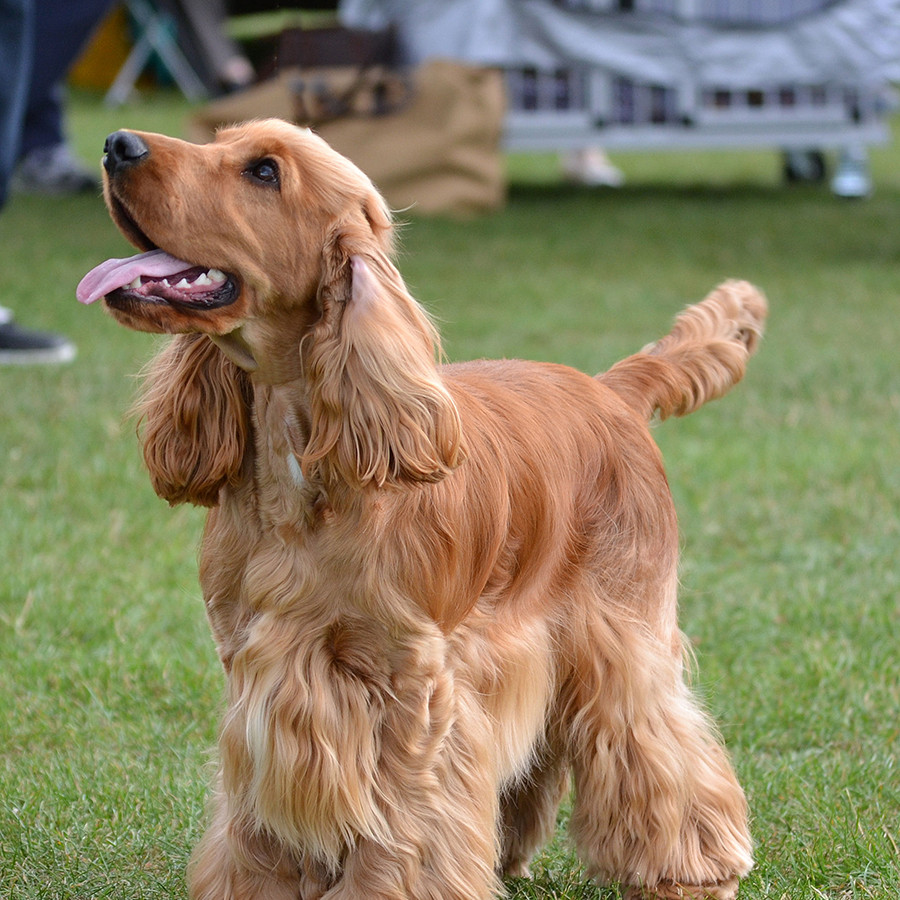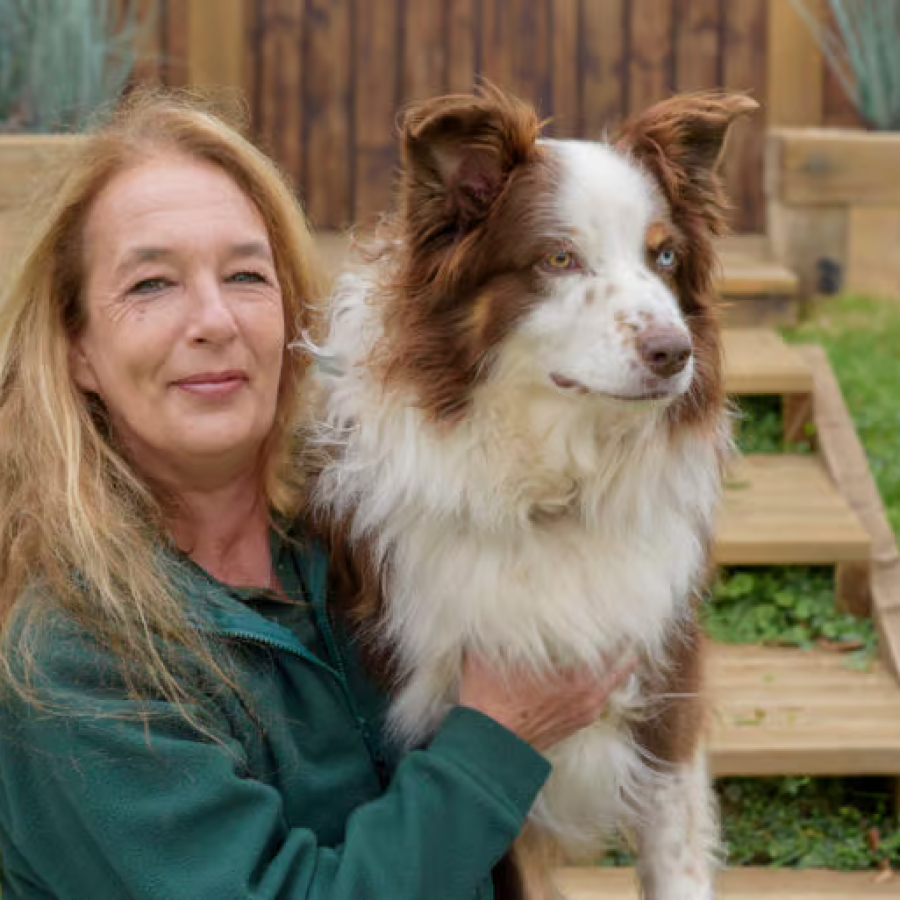
Cocker Spaniel Dog Breed
English Cocker Spaniels love to unleash their energy. They’re excitable, playful, and affectionate.

English Cocker Spaniels love to unleash their energy. They’re excitable, playful, and affectionate.
The English Cocker Spaniel, commonly referred to as a Cocker (not to be confused with their American cousins) is a Gundog that is used to flush birds from rough ground or hedgerows and then retrieve them once they have been shot. The word Cocker comes from their history of hunting Woodcocks.
This beautiful little dog is full of energy and drive.
If they do not have their needs met, they can become grumpy. Cockers can be exhausting to live with, they never stop, unless they’re asleep.
Cockers can be fantastic four-legged friends for their owners! If they’re given what they need, they can be gentle, affectionate and well-behaved.
But while they’re generally friendly, Cockers can have a nervous side to them.
They’re also a busy little breed, always on the go, and like to live life through their strong noses.
There are two types of English Cockers in the UK, working Cockers and Show/Pet Cockers. Show Cockers are a busy breed… but Working Cockers are on another level and don’t make easy pets.
They need lots of exercise and the chance to follow their natural instincts, with access to rural areas where they can run about and chase fascinating smells.
Some Cockers are so loving that they become clingy. They don’t like being left home alone for full working days.
Disclaimer
While these breed traits give a general idea of what to expect from a specific type of dog, it's important to remember that every dog is unique. Just like people, each dog comes with their own distinct personality, quirks, and characteristics!

Yes, Cockers are an excitable little breed and like the sound of their own voices! They find it difficult to contain their emotions without making noise.
Attention seeking, distress at being home alone, frustration, and over-excitement are all triggers for barking.
These adorable dogs need to use their brains, so giving them things to do will help them to bark less. However, some potential owners may prefer to choose a quieter breed.
It is so, so important to meet a Cocker’s needs. They have lots of positive traits, but things can go wrong.
Cockers have a natural instinct to have something in their mouth. A bored, frustrated or attention-seeking Cocker is likely to pick up things their owners don’t want them to have. Owners then end up constantly taking these things off them.
This often leads to the Cockers being defensive and guarding their items (called resource guarding). Cockers can also guard their food and even their owners because of their strong family bonds.
A Cocker’s barking can also get out of hand if not managed in the right way.
Sometimes, owners think their Cocker is being hyperactive when they’re just being their fizzy, excitable, true selves.
Cockers would be happiest in a house with a garden. They also need access to open green spaces where they can run, sniff, and retrieve their toys.
An outdoorsy, family with school-aged children or above would be ideal, or active owners and retired people. A Cocker who has properly learnt about other people and animals can live with dogs and small pets.
These handsome dogs sometimes like to make themselves heard. Neighbours may not like them barking, which is particularly difficult for owners who live in flats.
This breed needs owners who have plenty of time for them. They wouldn’t be happy in a home where they’re regularly left on their own for long periods.
All puppies need to learn how to be around people, pets, and other dogs, calmly and politely (known as socialisation). They also need help to feel calm, comfortable, and confident in everyday situations like travelling, the sound of traffic, and being in busy places (known as habituation). This is essential to prevent tricky behavioural problems in the future, and you'll be off to a great start with your ongoing training.
Cockers are moderately easy to train. They’re motivated by food and toys and want to please their humans.
However, these busy dogs are very easily distracted by their own noses. Following smells is at the top of their list of things to do.
Training should be started when you first get your pup home. It’s easier to do their basic training and get them used to people, animals, and different experiences when they’re young.
Start your recall training right away (teaching them to come when called). As a hunting breed, they tend to have selective hearing when they’re off chasing smells. Cockers can also struggle walking on a loose lead when they really want to follow their noses.
Teaching a retrieve to hand (when a dog presents an item to their owner's hand voluntarily) early on will help reduce the risk of them guarding things when they get older.
I need quite a bit of exercise. I want to run in the countryside, chasing sniffs and finding my toys. I was bred to work, so please don’t let me get bored or I might start being naughty.
I’m very smart and like to learn new things. Using my nose is what makes me happy. Scent games and feeding puzzles will keep my brain busy.
I can turn my paw to lots of dog sports and do really well in those that use my nose. Please make sure you help me learn to come back when called because you’ll need it when I'm off chasing smells!
Take our quiz to discover which breed is right for you
Take our quizPlease call our pet support line on 0300 303 9333 (7 days a week – 8.30am - 4pm)